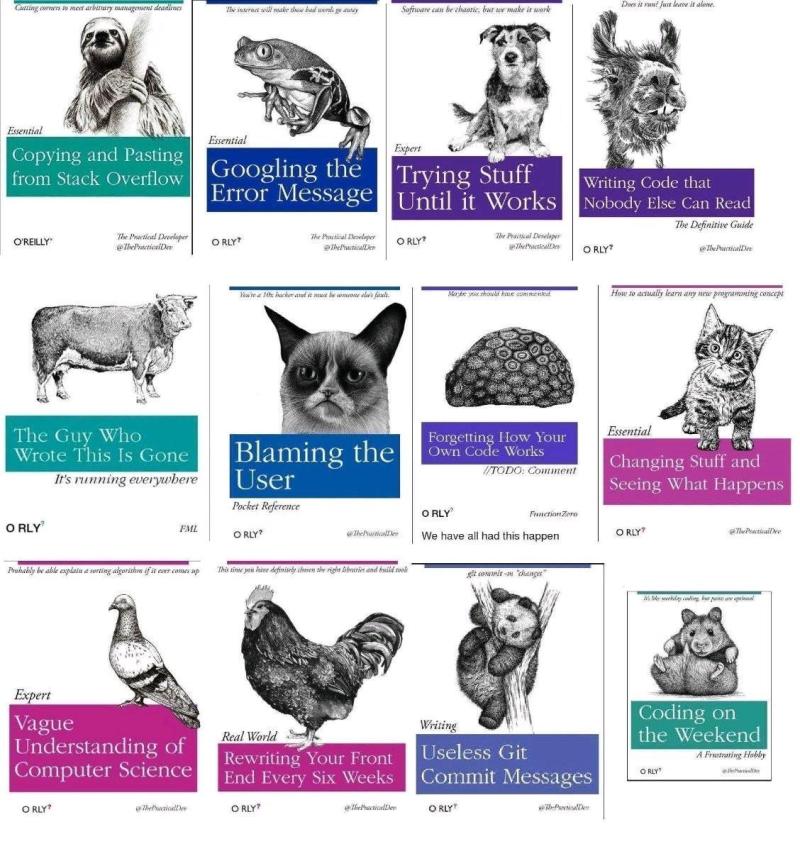It shocks me to see how many programmers think such framework decisions are one-size-fits-all and jump to conclusion that such framework adoption decisions are is due to lack of skillset and experience.
There are many factors at play. You have time to build and maintain your own utility framework, please go ahead.
Two years ago, I led a team which developed a web app that generated 600 million impressions per year. We used Tailwind because we were a small team and I’d rather have my developers work on high value tasks and not maintain a style framework.
If you are an aspiring developer, know this: There are always trade-offs. Not writing pure CSS does not make you a bad developer. Not knowing system design does.





Don’t waste your precious build minutes: act, gitlab-ci-local.